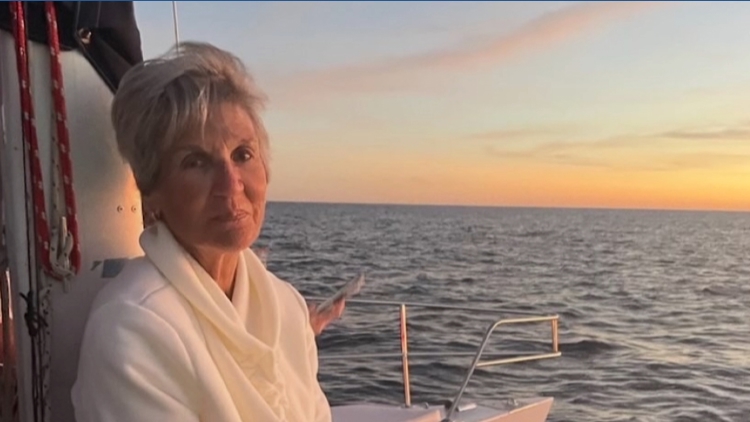
A woman from Boulder, Colorado, has made headlines by choosing medical aid in dying, illustrating the growing acceptance of this option in the state. As a result of her decision, the increase in requests for assisted dying medication has become a focal point for discussions surrounding the law.
Data from the Colorado Department of Public Health and Environment reveals a striking rise in the number of individuals opting for medical aid in dying. In the first year of the law’s enactment, there were only 72 requests for the medication. By 2024, that number skyrocketed to 510 requests. This significant increase underscores a broader societal shift regarding end-of-life choices.
The Boulder woman, who has chosen to remain anonymous, expressed that her decision was motivated by a desire for control over her own suffering. “It was about having the choice to end my pain on my terms,” she stated. Her experience resonates with many others in Colorado who are considering similar options as they face terminal illnesses and chronic pain.
The law, officially known as the Colorado End-of-Life Options Act, became effective in 2016. It allows patients diagnosed with terminal conditions to request medication that can facilitate a peaceful death. The law has been met with both support and opposition, prompting ongoing debates about ethical, moral, and legal implications.
Critics argue that such laws could lead to potential abuse, suggesting that vulnerable populations might feel pressured to choose assisted dying. Proponents, however, maintain that the law provides essential autonomy. As the Boulder woman shared, the legislation offers a sense of dignity during a profoundly difficult time.
In addition to individual stories like that of the Boulder woman, the data reflects a broader trend in public attitudes toward medical aid in dying. Many states across the United States are observing similar legislative movements, as conversations about end-of-life care continue to evolve.
Furthermore, a report by the Colorado Department of Public Health and Environment indicated that the majority of individuals requesting medical aid in dying in 2024 were aged between 65 and 84. This demographic shift highlights the need for supportive resources and discussions surrounding aging and terminal illnesses.
The increase in requests also points to a growing awareness of healthcare options available to those facing terminal illnesses. As public education on the matter expands, more individuals are likely to explore their choices, potentially leading to further increases in requests in the coming years.
As the Boulder woman’s choice illustrates, the conversation surrounding medical aid in dying is not merely about statistics; it is deeply personal and often fraught with emotional weight. Each request represents a unique narrative, reflecting the complexities of life, suffering, and the quest for autonomy in challenging circumstances.
With the surge in requests for medical aid in dying in Colorado, communities are encouraged to engage in open discussions about the implications of such laws. As the legal landscape continues to evolve, it is crucial for individuals to be informed and supported in their choices, ensuring that dignity and compassion remain at the forefront of end-of-life care.






